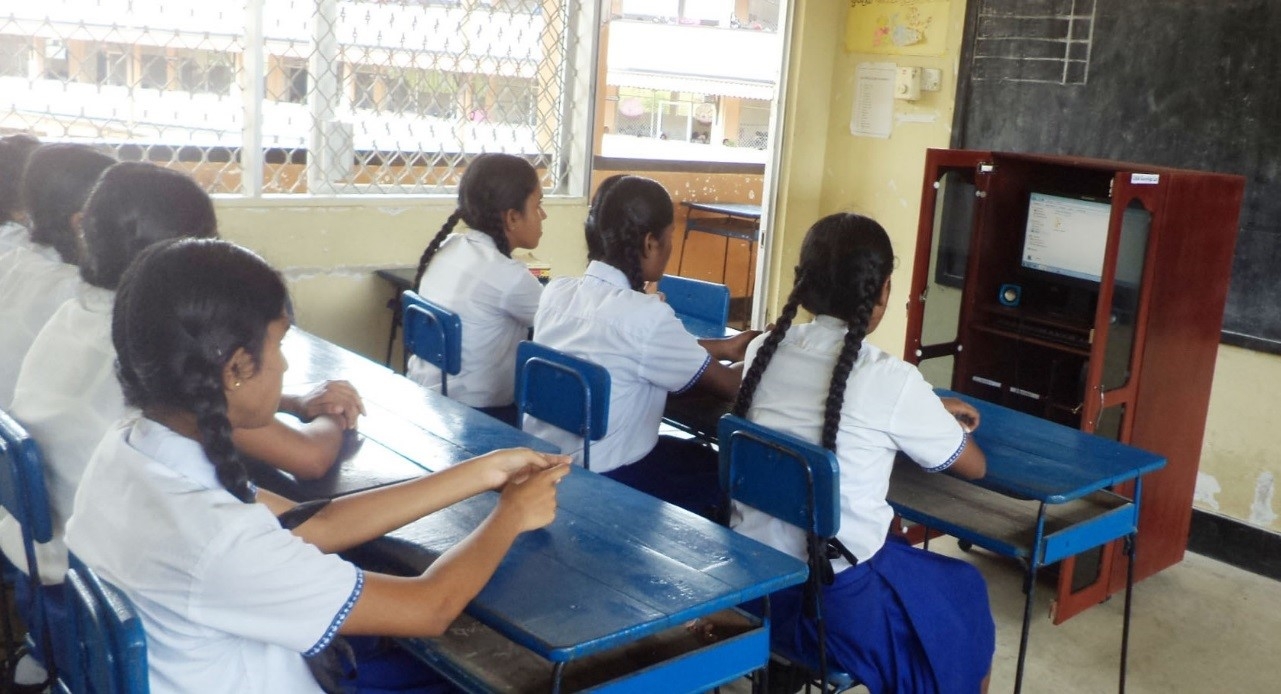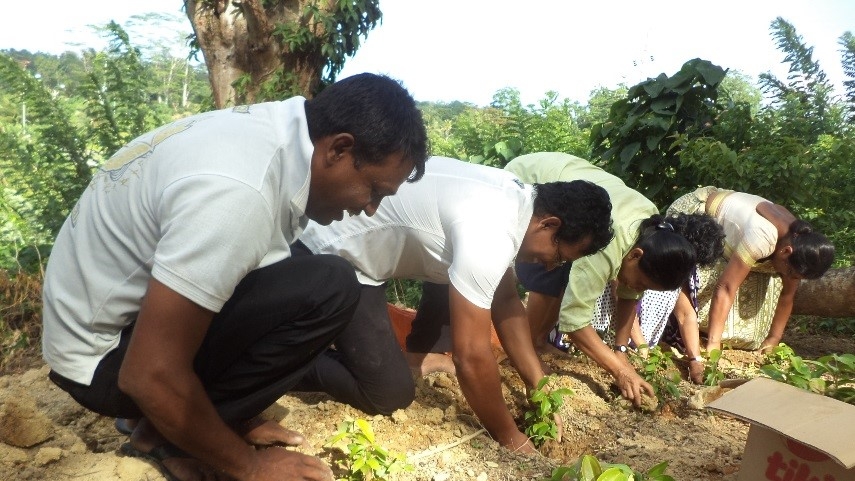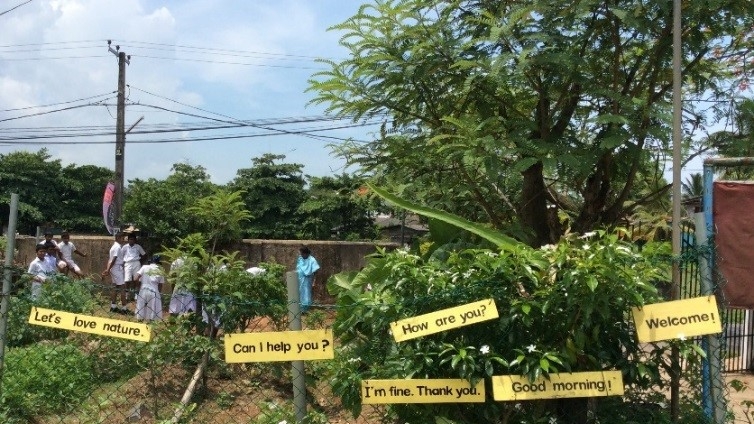May 15, 2015 – Today is International Day of the Family. School is often referred to as the second home where children become global citizens. In addition to gaining knowledge and skills required for the job market, values and moral standards are instilled in children through interactions at school. A school family includes parents, teachers, students, and education specialists. The Ministry of Education with support from the World Bank introduced a new development initiative in 2012 called the Program for School Improvement (PSI) to empower schools and local communities. It aims at building Sri Lanka’s human capital to promote shared prosperity in the country.
The Challenge of Human Capital
Sri Lanka is a lower middle income country that is aspiring to become more prosperous. The greatest asset is its people. The country faces the challenge of developing its human capital with limited public investment in education.
Sri Lanka has approximately 4 million school children, 215,000 teachers and around 10,000 schools. Public investments in education are modest when compared to countries with similar income status. More education investments are needed to improve schools to meet the demands of the modern global economy. The school family comprising officials and community are working together to improve student learning.
Bonding as a Family
Janadhipathi MV (former Anula Ballika) is a school that was built after the Asian tsunami in 2007 with the efforts of parents and community. “I value the time parents invest with their labor to improve the school” said Mrs. Gamage, the recently appointed principal of the school. “Together, we have been able to organize many fundraisers such as school concerts to support the school development activities,” she said. Parents frequently participate in school improvement activities such as cleaning and painting. These are opportunities for parents to bond and to get to know other parents.



